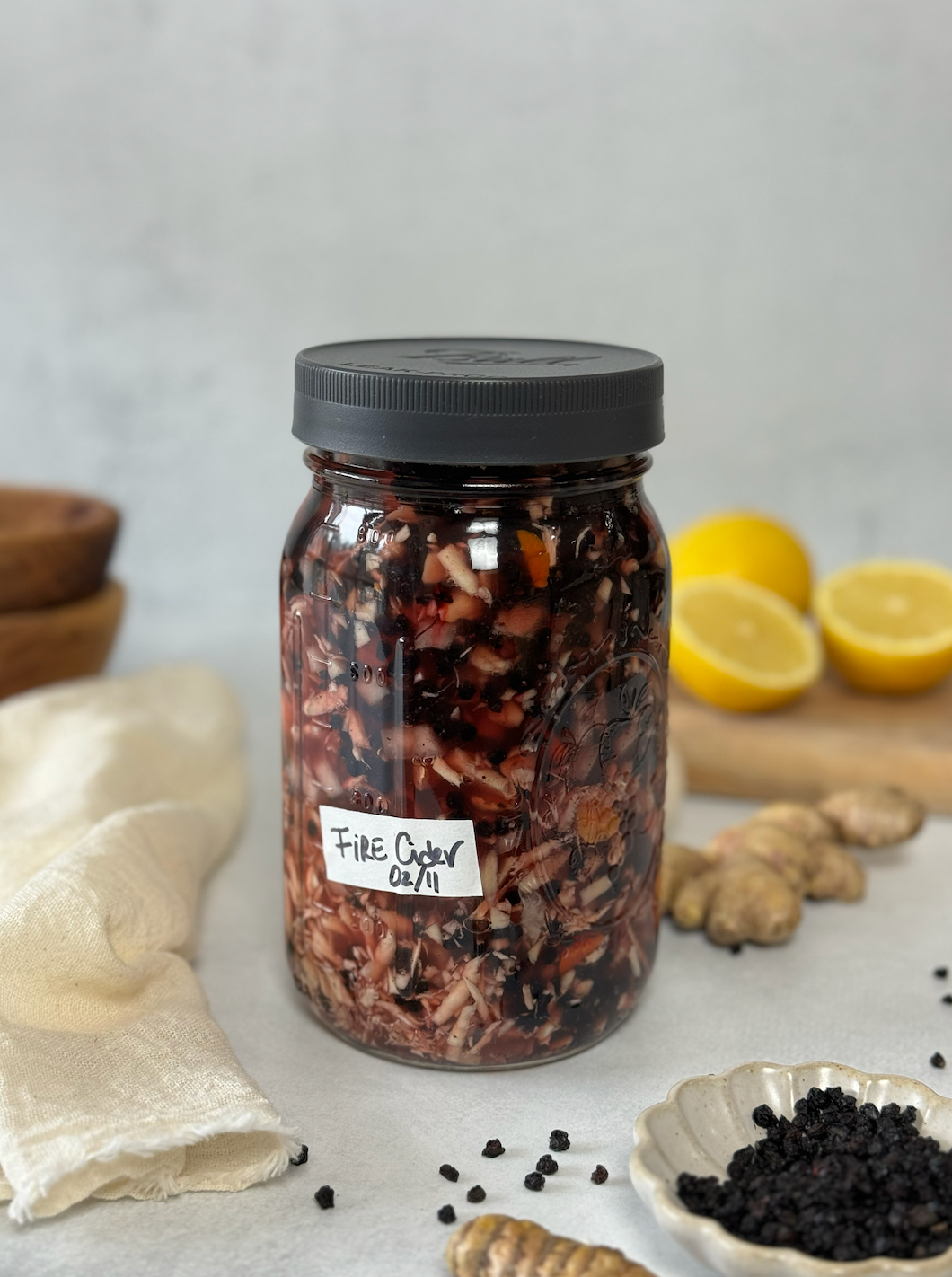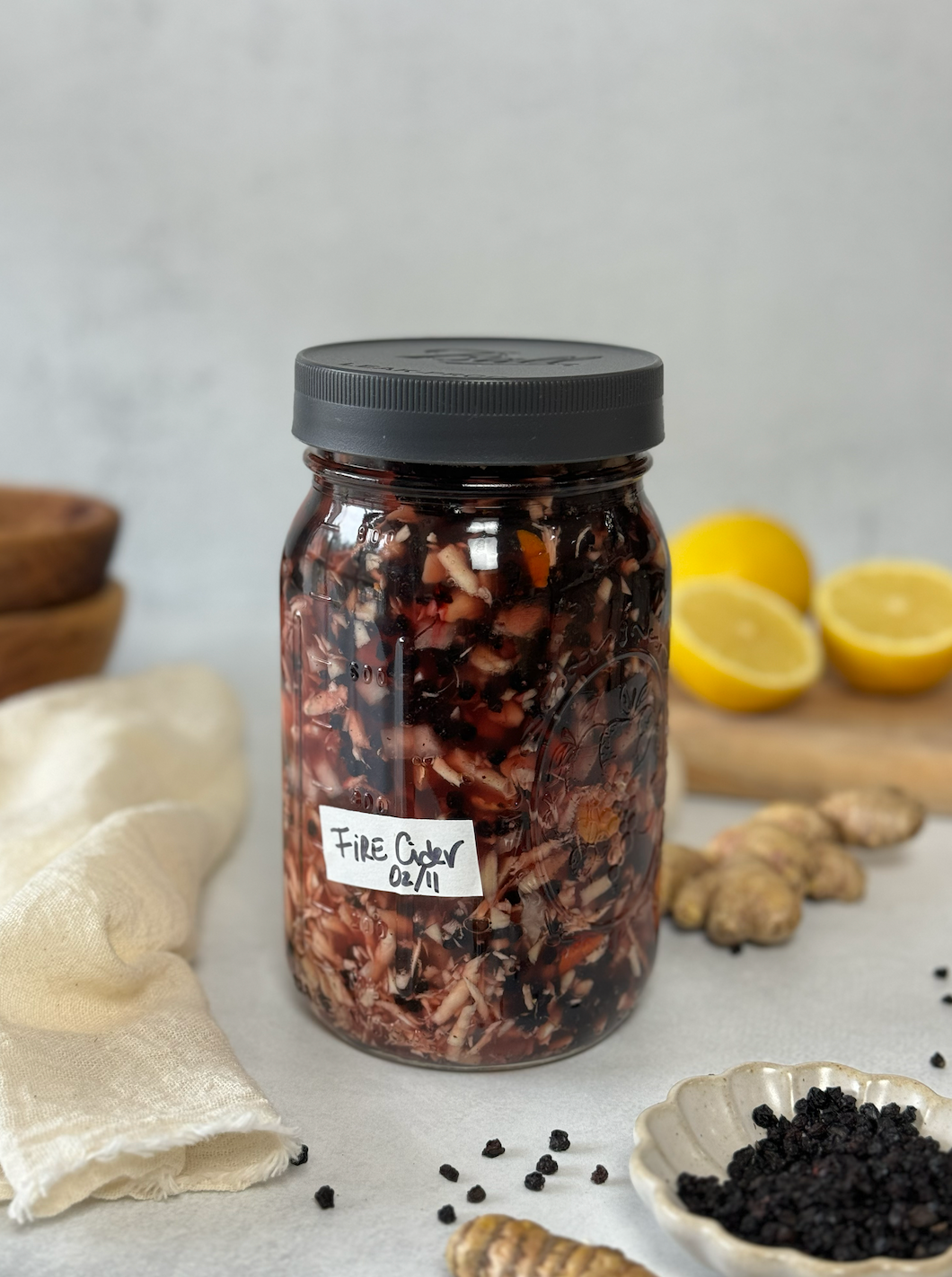Vinegar (a word that comes from Latin and means "sour wine") has been used for millennia as a preservative agent, energizing food and medicine. Any alcoholic beverage, whether made from grapes, apples, plums, dates or other fruits, rice or white sugar, once exposed to air, will naturally transform into vinegar. It is bacteria in the air that convert the alcohol in cider, wine and beer into acetic acid, giving vinegar its distinctive bitter taste.
The Babylonians used the fruit of the date palm to make vinegar, the Romans diluted the vinegar by mixing it with water to use it as a drink, and they also used it pure as a preservative for food; in ancient Egypt, vinegar residues were found in urns dating back to 3000 BC.
In ancient Greece, around 400 BC, Hippocrates, considered the father of modern medicine, prescribed oxymels, a mixture of honey and vinegar, to relieve acute symptoms of disease, tonify and support the body during stress or times of illness, to clear the respiratory tract and relieve cough.
Apple cider vinegar contains vitamins C and B, as well as acetic acid, which improves the absorption of minerals, helps with all types of gastrointestinal problems, improves our immune system, slows down the conversion of carbohydrates into sugar, promoting the balance of sugar levels in blood and helps fight infections.
Numerous medicinal recipes based on vinegar have been used over the history to treat different ailments as well as to strengthen the immune system. In addition to Hipocrates' Oxymel, is very well known the recipe for Four Thieves Vinegar, a folkloric elixir that was thought to combat the black death. Legend says that a group of thieves created this recipe to protect themselves from the plague and to be able to commit their misdeeds.
The recipe hung in the Museum of Paris in 1937, and is said to have been an original copy of the recipe posted on the walls of Marseille during an episode of the plague:
"Take three pints of strong white wine vinegar, add a handful of each of wormwood, meadowsweet, wild marjoram and sage, fifty cloves, two ounces of campanula roots, two ounces of angelica, rosemary and horehound and three large measures of camphor. Place the mixture in a container for fifteen days, strain and express then bottle. Use by rubbing it on the hands, ears and temples from time to time when approaching a plague victim."
A modern herbalist, Rosemary Gladstar created in the early 1980's a formula with apple cider vinegar and other herbs as a tonic to prevent colds and flus, to stimulate immune function and help with circulation. Today, the popular recipe for Rosemary's Fire Cider has served as a basis for many other herbalists to create hundreds of variants with the same purpose, using what nature gives us to prevent and cure.









